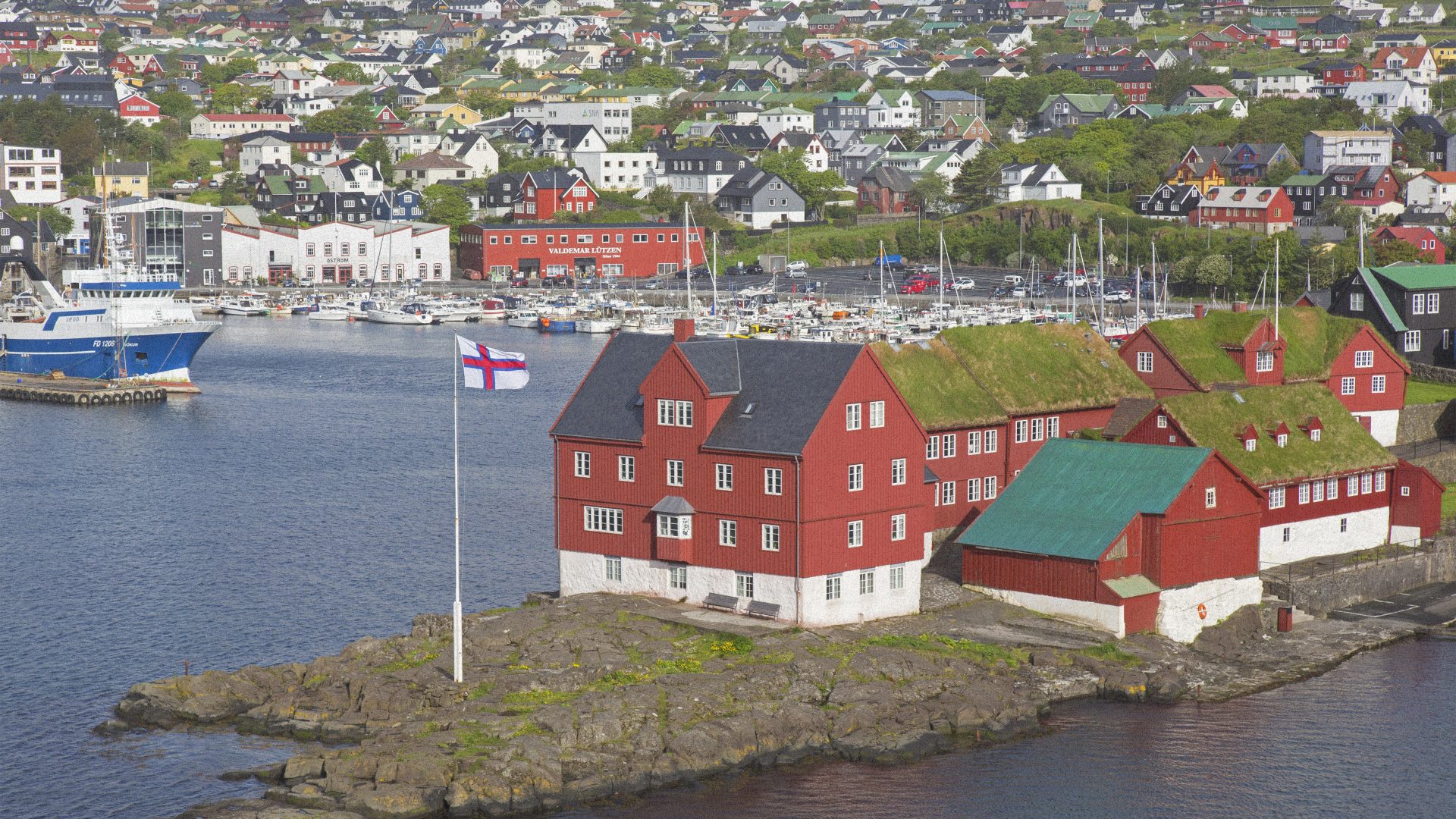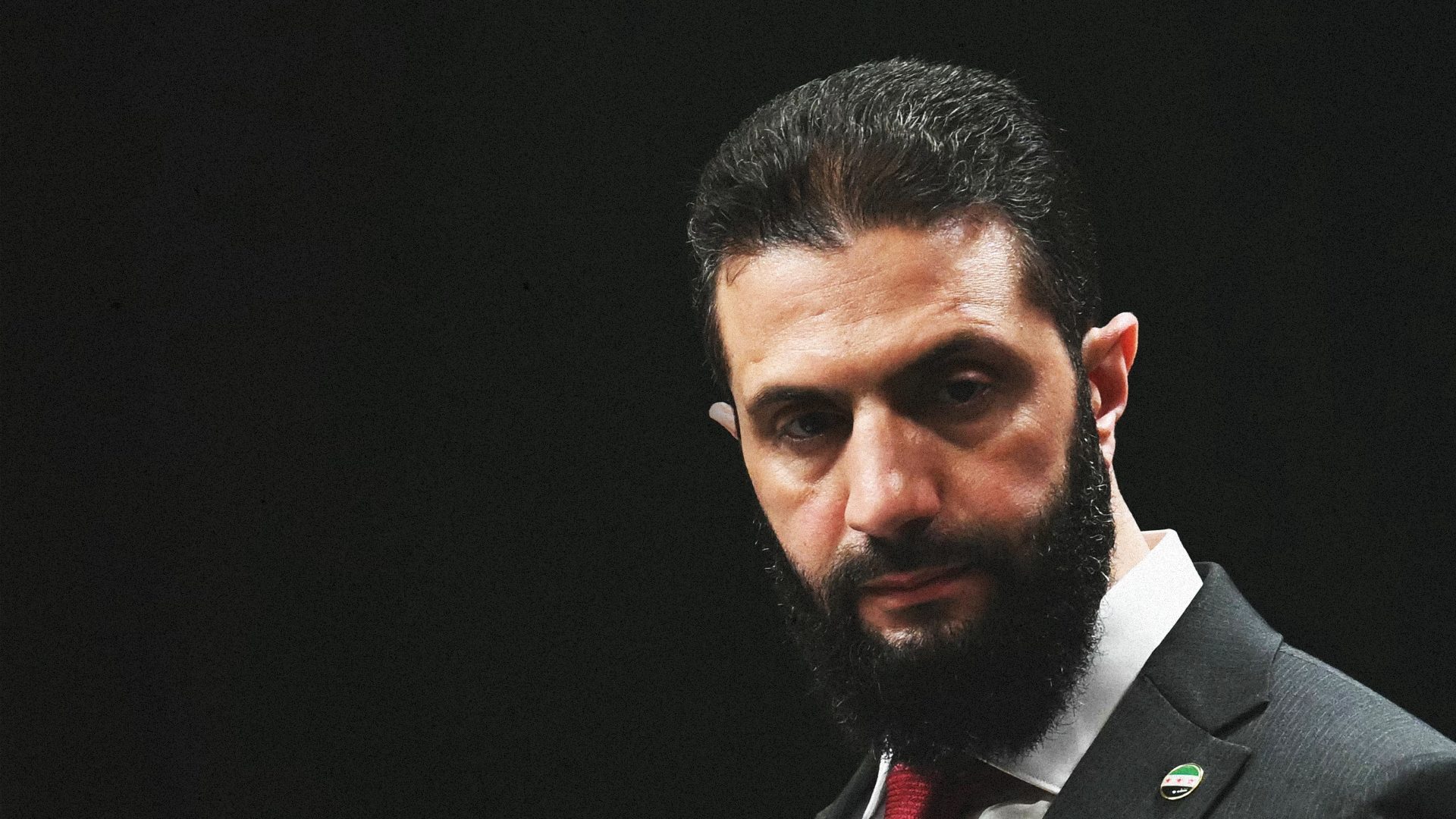“We could be independent within five years,” said Eirikur Lindenskov, the longstanding editor of Sosialurin, the main Faroese print newspaper.
“Five months, more like,” responded my old pal and former Republican politician Magni Arge, over a pint in the capital, Tórshavn.
Faroese politics have gone up in flames since Donald Trump took office: in uncertain times, the seesaw of Faroese public opinion usually tips towards the “loyalist” view: that is, loyalty to Denmark. Not this time – Trump’s threat to Denmark that he would buy Greenland or take it by force has changed everything, and independence seems to be on everybody’s lips.
The Faroe Islands and Greenland are the last remnants of Denmark’s empire. Sweden and Norway, Shetland, the African and Indian territories, Iceland, the Danish West Indies (now the American Virgin Islands after their sale to the US last century) – all are now gone.
But possession of Greenland earns Denmark a seat at the intergovernmental Arctic Council of eight nations, so it has been reluctant to lose its last two outposts, having defied a narrow Faroese vote for independence in 1946.
With less autonomy, Greenland joined the EU in 1973 on Danish terms that failed to acknowledge its oceanic territorial rights. It promptly left again following a referendum in 1982, after the Arctic island was granted a similar level of autonomy to the Faroes, which had never joined the EU.
Blindsided by Trump, Danish politicians have no easy answer to the charge that Denmark is an outdated colonial power that does not enjoy the full backing of the Greenlandic people.
Arge, who recently completed a thesis on Denmark’s disposal of its colonial territories and its compliance (or otherwise) with international law, says Denmark justified its Greenland stance on the basis of Nato solidarity.
“Suddenly, that argument is completely exposed. The Danes are like a boxer who has gone 14 rounds with his opponent but he’s still hanging in there… until his promoter comes and punches him on the nose.”
On January 24 the Faroese Parliament agreed to move to the next stage of agreeing a “three-state solution” so as to neutralise Trump’s demands. The idea is that Denmark and its two former colonies would become equal partners in a new “commonwealth” under the Danish Crown. Each would have separate UN membership and, in all likelihood, Greenland and the Faroes would apply for EU membership, on their own.
During the 25 years I have been going to the Faroes I have witnessed extraordinary change. Once a sleepy, socially conservative backwater, fiercely divided between Danish loyalists and those who yearned for full independence, now even the right wing loyalist party has recognised, in private at least, the reality of an impending reset. Independence is not a left-right split: the current coalition is led by the Copenhagen-leaning social democrats, allied with centre left Republicans and the centre right pro-independence Progress party.
With the social democratic Danish government now ready to flesh out the three-state idea, pro-independence Faroese see an opportunity to slip through an open door to independence, alongside Greenland.
The modern Faroes boast a growing population – out of kilter with the reality in most remote European island communities – GDP per capita is higher than Denmark’s, it has a booming fishery within its 200-mile limits, a world-renowned farmed salmon industry, successful IT and creative industries, and is undergoing a tourism boom.
Younger Faroese living in Denmark are coming home in ever greater numbers because of better opportunities – and because they see a recognisably more liberal society. A growing migrant population is the only way to meet workforce shortfalls in construction and service industries.
Atli Gregersen is the founder of Hiddenfjord, the all-Faroese salmon producer, and an elder statesman of the islands’ business community. He is blunt: “The salmon industry needs to be much closer to the EU, and if we are not part of Denmark, it’s obvious we would be part of the EU. It’s also obvious now that the Danes can’t protect us. I like the Danes, but I don’t ever like ‘to be a Dane’.”
And at Guðrun and Guðrun – the Tórshavn-based knitwear partnership that went global when Sophie Gråbøl wore her traditional Faroese sweater in Danish TV’s drama The Killing – Guðrun Røgvadóttir says: “Some changes can come really suddenly. We have been working for independence for 70 years, and then Trump says ‘I want Greenland’, so there’s no question that the relationship with Denmark will change.”
And her partner, Guðrun Ludvig, adds with a smile: “I am never, ever going to live in Denmark again!”
Stan Abbott is a journalist and author of travel narratives



